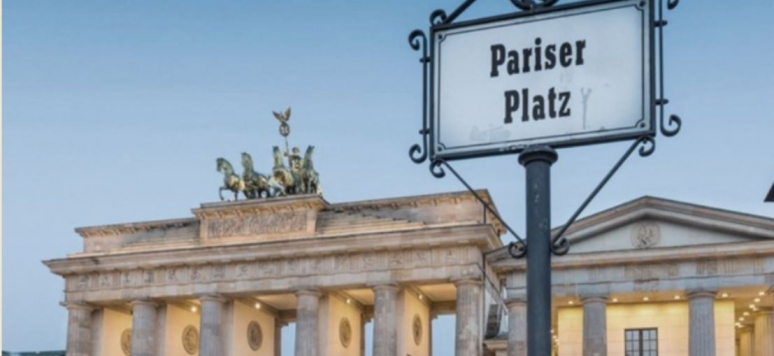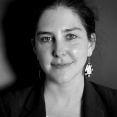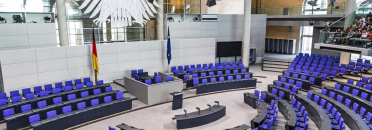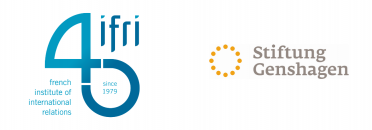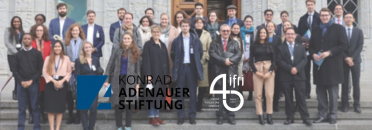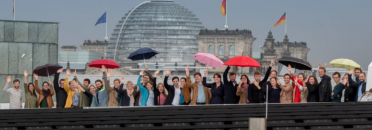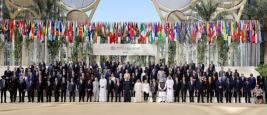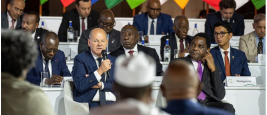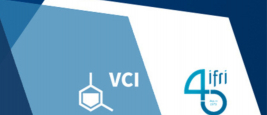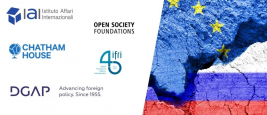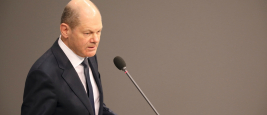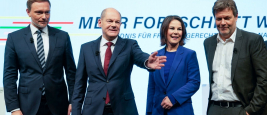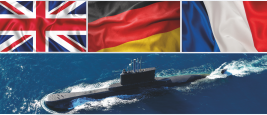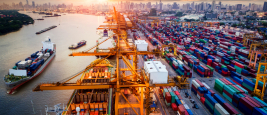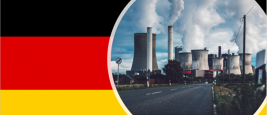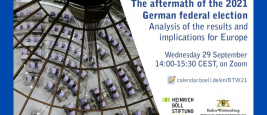The Study Committee on Franco-German Relations (Cerfa) was founded by an intergovernmental treaty between the Federal Republic of Germany and the French Republic in 1954. It has analyzed relations between the two countries for over 60 years. The Cerfa engages in a wide range of activities. It promotes the Franco-German debate and policy-oriented research through conferences and seminars that bring together experts, policy-makers, decision-makers and civil society representatives of both countries.
The Cerfa publishes regularly books reflecting on the current state of Franco-German relations and two research note series – Notes du Cerfa and Visions franco-allemandes – that target primarily French decision-makers, with the aim of elucidating political, economic and social evolutions in contemporary Germany, and closely following current developments in Franco-German relations.
The Cerfa maintains close relations with the network of German foundations and think-tanks, including the Konrad Adenauer Foundation, Friedrich Ebert Foundation, Heinrich Böll Foundation, German Council on Foreign Relations (DGAP), Genshagen Foundation, French-German Institute (DFI), and German Institute for International and Security Affairs (SWP).
Through its successive interactive and ad hoc cooperation programs, the Cerfa promotes the emergence of a new Franco-German generation:
- In the year 2021, the Cerfa started a Program on Multilateralism with the Konrad Adenauer Foundation in Paris. This program aims at creating a Franco-German network bringing together young professionals interested in the topic of multilateralism in the context of their work. It consists in working sessions based on briefings and workshops with selected experts and practitioners covering a broad range of issues relating to multilateralism, such as international trade, health, human rights and migration, non-proliferation and disarmament.
Previous initiatives:
- The Franco-German Future Dialogue co-organized by the Cerfa together with the DGAP and with the support of the Bosch Foundation aimed at creating a new Franco-German generation by developing exchanges and debates between French and German young professionals and PhD students.
- The Daniel Vernet Group (formerly the Franco-German group of reflection) had been founded in the Fall of the year 2014 at the initiative of the Genshagen Foundation.




